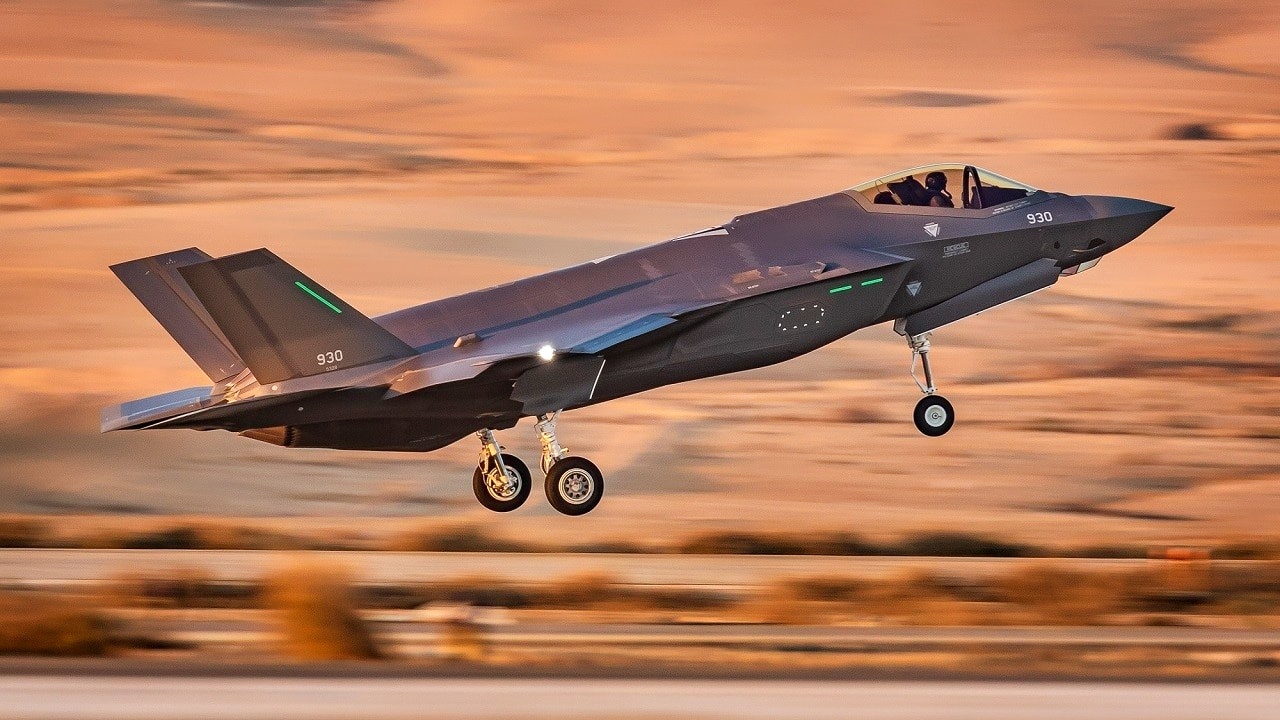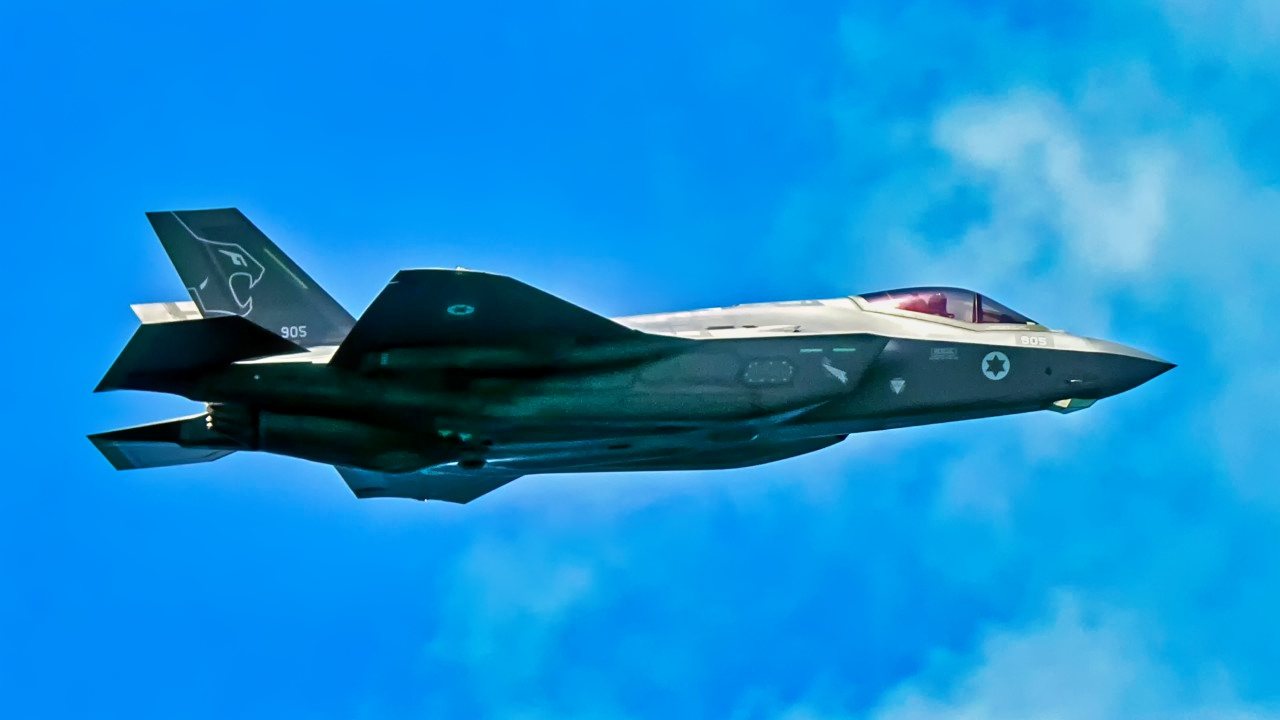Long-Range Missile Strikes in Russia: The Game-Changer Ukraine Needs?
Israeli airstrikes in late October reportedly destroyed Talegahn 2, a covert Iranian nuclear research facility near Tehran, according to U.S. and Israeli sources. The strikes were initially thought to target air defense systems but may have dealt a significant blow to Iran’s nuclear ambitions.
What You Need to Know: Israeli airstrikes in late October reportedly destroyed Talegahn 2, a covert Iranian nuclear research facility near Tehran, according to U.S. and Israeli sources. The strikes were initially thought to target air defense systems but may have dealt a significant blow to Iran’s nuclear ambitions.

-Iran denies maintaining an active nuclear weapons program, asserting its activities are peaceful, though its uranium enrichment has approached weapons-grade levels since the U.S. withdrew from the Iran Nuclear Agreement in 2018.
-Tensions remain high between Israel and Iran, exacerbated by Iran's support for Hamas and recent missile exchanges, with the U.S. pledging support for Israel's self-defense.
Israeli Strikes Reportedly Destroy Iran’s Covert Nuclear Facility
The Israeli military strikes against Iran in October might have destroyed a covert nuclear weapons facility.
On October 25, Iran launched air strikes against Iran in response to Tehran’s missile attacks on Israeli territory. Initially, it was believed that the Israeli strikes were limited to some air defense systems and radars. However, reports now suggest that Tel Aviv went a step further and took out a covert Iranian nuclear research facility.
Named Talegahn 2, the research facility in question is located around 20 miles southeast of Tehran. Although it was known that Talegahn 2 used to be a nuclear research facility, it was widely believed that it was inactive. However, it seems that Tehran had been using it for covert research on a nuclear weapon.
According to a report by Axios, the Israeli air strikes destroyed the research lab, further frustrating Tehran’s nuclear weapon dreams. Statements by U.S. officials suggest that the reporting is accurate.
"Iran should not respond to Israel's retaliation. If it chooses to do so, we will support Israel in defending itself. The United States' message for Iran is clear: should it choose to undertake further attacks against Israel or U.S. personnel in the region, there will be consequences,” an official with the State Department commented on Newsweek.

Iranian Nuclear Weapons
Iran has been trying to manufacture nuclear weapons for decades. But military, intelligence, and diplomatic opposition by the United States and other countries have thus far prevented Tehran from building a nuclear warhead. The latest Israeli strike likely pushed the Iranian nuclear program further back.
Iranian officials, however, have disputed claims that their country maintains an active nuclear program. For years, Tehran has claimed that its nuclear program is peaceful and designed to harness the power of nuclear energy to power the country’s infrastructure rather than create weapons of mass destruction. Only last week, Iranian Foreign Minister Abbas Araghchi stated that Iran is not after nuclear weapons.
Under the Joint Comprehensive Plan of Action, also known as the Iran Nuclear Agreement, Tehran had agreed to limit its nuclear program to peaceful uses. However, after the U.S. pulled out in 2018, Iran doubled back on the nuclear component and enriched uranium to up to 60 percent. If Tehran reaches 90 percent enrichment, which it can do easily within a few weeks, it will be able to produce a nuclear weapon.
"The fact that international tensions and regional tensions do exist——this shows that the space for negotiation and diplomacy is not getting bigger, it is getting smaller," Rafael Mariano Grossi, the Director General of the International Atomic Energy Agency (IAEA), said during a visit to Tehran last week.
"We know that it is indispensable to get, at this point of time, some concrete, tangible and visible results that will indicate that this joint work is improving (the) situation," Gross added.
Tensions between Israel and Iran have been sky-high since the Hamas terrorist attack against Israel last year. Iran, a main backer of Hamas and other terrorist organizations in the region, has directly attacked Israel with ballistic and cruise missiles. Israel has also attacked Iranian targets outside and, now, inside Iran.
About the Author and Expertise
Stavros Atlamazoglou is a seasoned defense journalist specializing in special operations and a Hellenic Army veteran (national service with the 575th Marine Battalion and Army HQ). He holds a BA from Johns Hopkins University and an MA from the Johns Hopkins School of Advanced International Studies (SAIS). His work has been featured in Business Insider, Sandboxx, and SOFREP.
All images are Creative Commons or Shutterstock.
From the Vault
Russia Freaked Out: Why the U.S. Navy 'Unretired' the Iowa-Class Battleships
Battleship vs. Battlecruiser: Iowa-Class vs. Russia's Kirov-Class (Who Wins?)


